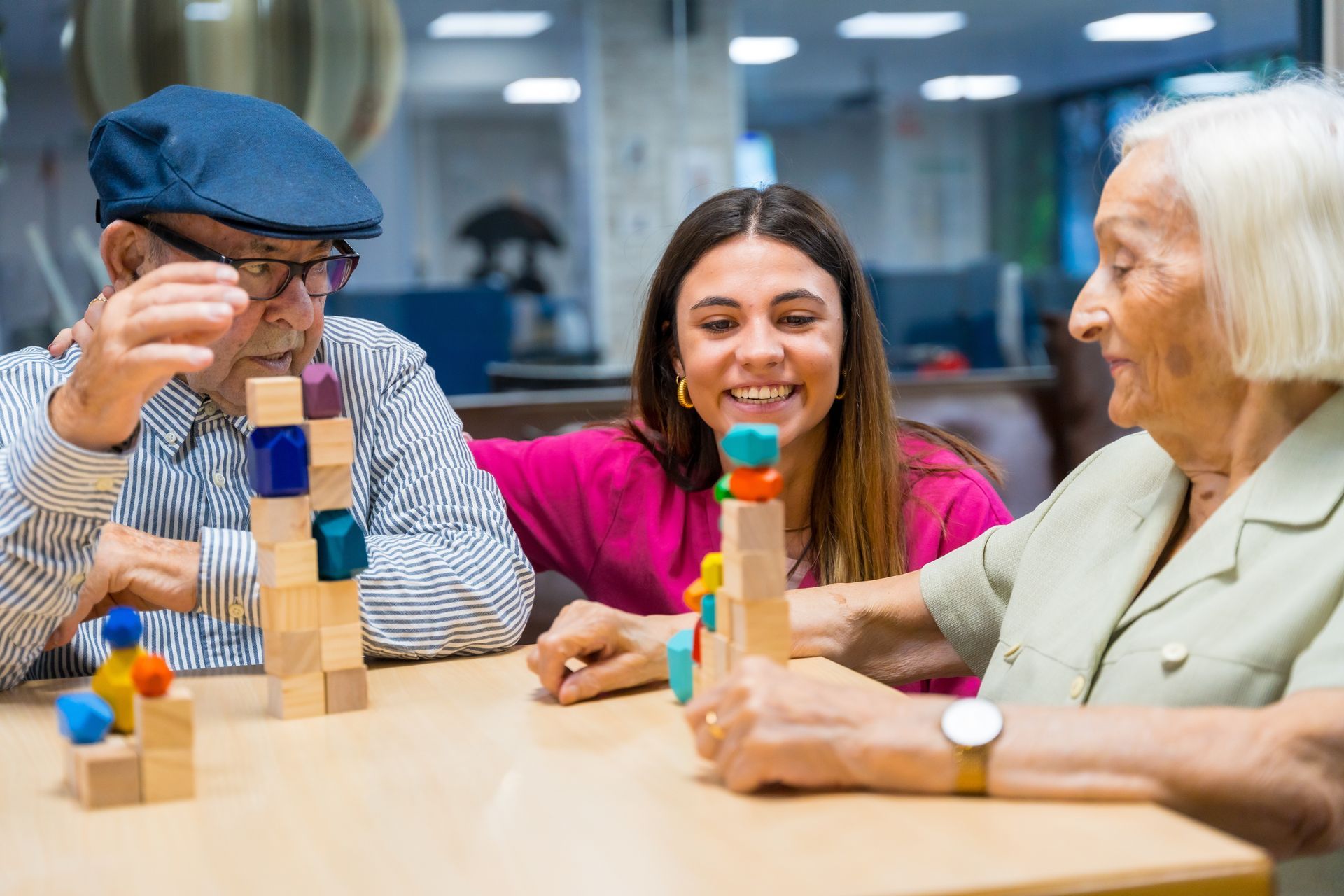BLOG
How Playing A Musical Instrument Is a Protective Factor Against Alzheimer's
Listening to music is a therapy, but most of us do not know how it protects the brain from cognitive decline. Studies revealed music can improve cognitive function, hence leading to healthy aging. In fact, a person who plays a musical instrument is less likely to develop dementia. It also enhances the brain’s resiliency because it engages cognitive processes, including the motor and sensory systems.
The protective effects of playing musical instruments are not only beneficial to individuals who have been doing it throughout life. Musical training, even during late adulthood, also enhances cognitive functions. The effects of music training are more transients in later life.
Merely listening to music within 12 minutes daily reduces cellular biomarker to adults with cognitive impairment. Thus, improves cognitive function, sleep, mood, and memory. To get more benefits, experts recommend combining music with meditation.
What are the signs and symptoms?
The primary signs of Alzheimer’s are memory problems or mild cognitive impairment. Movement difficulties, along with a sense of smell issues, are also associated with MCI. Thus, seniors experiencing MCI have a greater risk of developing Alzheimer’s.
The symptoms may vary from one person to another. Studies about biomarkers are conducted and found out signs in blood, brain images, and cerebrospinal fluid.
How does Alzheimer's disease affect the brain?
The changes happening in the brain of a person with Alzheimer’s disease are complex. Changes may happen years before the symptoms manifest. At the early stage of the disease, toxic changes happen in the brain. It is caused by the abnormal accumulation of proteins that eventually develop into tau tangles and amyloid plaque. Thus, healthy neurons lose connections with other neurons, stop functioning, and eventually die. The damage affects the entorhinal cortex and hippocampus that play a big part in forming memories. If more neurons would die, the brain will shrink, thus Alzheimer’s becomes more prevalent.
How Music is Beneficial for The Alzheimer's?
Listening to music, singing, and playing a musical instrument improves mood and orientation. It also reduces episodic memory.
- Learning to play a musical instrument boosts memory
Strumming a guitar or playing any musical instrument protects your mind from memory decline because of old age. The simple task of finger placement and reading the musical notes will expand the working capacity of the memory. Once the brain is used to performing more tasks at the same time, it can remember more information longer.
- Musical instruments can jumpstart brain function
The brain can easily sync to the rhythm that is why subconsciously a person runs or walks to a beat. Listening to rhythmic music can jumpstart the brain. Percussion instruments like a drum are easier to learn. According to a therapist, the sound of a drum has positive effects on patients suffering from severe dementia. A drumming exercise session was held for Alzheimer’s patients and noticed more eye contact and social engagement.
- Music increases blood flow in your brain
Studies show that even a brief span of musical training is beneficial to the brain. It increases the blood flow to the left hemisphere that makes a person energetic. Thus, jamming for 30 minutes will make you feel alive. It is also beneficial for the brain recovery of stroke patients.
- Music reduces stress and depression
Listening to music is effective in reducing stress and depression. It stimulates the production of dopamine in the brain. In the same manner, playing a musical instrument has greater positive effects to improve the mood of an individual experiencing stress and depression.
However, the effects depend on the type of music. If you are stressed, you must listen to relaxing music because it lowers cortisol levels.
- Helps to recover Brain Injury
Another benefit of playing a musical instrument or even simply listening to music is it helps to recover brain injury. It is beneficial, especially for stroke patients. Music is also beneficial to patients with seizures or epilepsy.
- Stimulates memories
Musical training stimulates memory, thus slowing down cognitive decline among individuals with Alzheimer’s disease. Alzheimer’s affects memory function and it will continue to deteriorate if not given immediate action.
Music is associated with memory recall. Listening to specific music can bring back memories. It awakens the memories of patients experiencing memory loss. Music stimulates emotion and eventually improves memory.
Bottom Line
Active musical practice protects the brain to the greatest level. Studies confirm excellent results to people playing musical instruments while they’re young and continue throughout life. It was found out that the cognitive function of the brain is at its best knowing that music has beneficial effects on the brain. In fact, in a clinical trial, adults with cognitive impairment were subject to listening to music for at least 12 minutes a day, and it showed improvement.
Music is so powerful and it benefits directly the brain. Thus, it makes sense to engage in music-making or play a musical instrument to achieve greater power.














